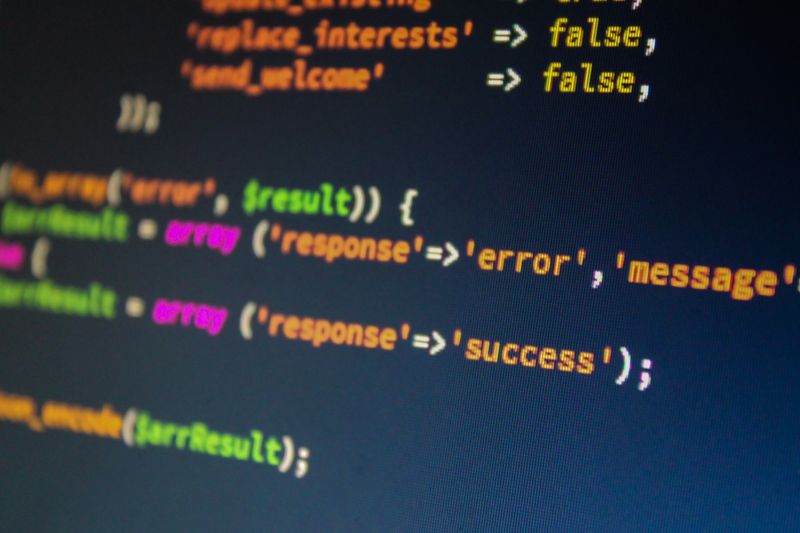OpenAI CEO Sam Altman recently appeared before a Senate Judiciary subcommittee, urging lawmakers to regulate artificial intelligence (AI) technology around the potential risks it poses due to its increasingly powerful models. During the hearing, Altman discussed the potential regulatory intervention by governments, highlighting how critical it will be to mitigate the risks of AI models, including the potential for the technology to be used to manipulate voters and target disinformation. Additionally, Altman proposed the introduction of licensing and testing requirements for the development and release of AI models above a particular threshold of capabilities.
AI technology has recently been deployed by a growing number of tech companies. While these tools hold the potential to revolutionize the way we live and work, they have also drawn criticism over the possibility of disrupting jobs, spreading misinformation, and perpetuating biases. Consequently, Altman has emphasized the need for lawmakers to regulate AI to prevent unregulated and potentially harmful actions by AI tools.
The Risks of AI Models
The potential risks of AI models are perhaps Altman’s main area of concern, especially with recent advancements in the tool’s ability to accurately reflect speech, writing, and audio that can manipulate voters’ opinions and spread disinformation.
During his testimony, Altman spoke of his company’s chatbot tool, ChatGPT, becoming viral and renewing an arms race over AI, sparking an increased concern about the potential risks of technology.
AI Regulatory Intervention
Altman proposed the creation of a licensing regime for companies working on the most powerful AI systems, which would act as a combination of licensing and testing requirements for the development and release of AI models above a threshold of capabilities. He argued that licensing requirements for new AI models could act as a critical measure in preventing reckless innovation and unethical applications of AI models that can pose risks to our existing systems.
Jobs Impact of AI
There have been concerns about the impact of AI on jobs and whether it could create new jobs or eliminate them. Altman acknowledged that AI technology would impact jobs, but he was optimistic that the jobs of the future will be rewarding, exciting, and have the potential for multi-disciplinary approaches. Altman suggested that figuring out how to mitigate the impact of AI on jobs would require a partnership between industry and the government, but mostly the action of the government.
Industry Leaders’ View on AI Regulation
Altman isn’t the only industry leader urging lawmakers to regulate AI. IBM’s Vice President and Chief Privacy and Trust Officer, Christina Montgomery, and Gary Marcus, a former New York University professor and a self-described critic of AI “hype,” have also expressed the need for lawmakers to regulate AI use. While highlighting the potential benefits of AI, they also stressed the need to mitigate the risks of the technology.
Conclusion
The recent rise in AI tool deployment has created an increased demand for lawmakers to regulate AI technology to mitigate the risks it poses. While AI tools hold the potential to improve the way we work, shop and interact with each other, they could also lead to the disruption of many jobs, and spread misinformation and bias. Thus, Altman’s testimony encourages lawmakers to create a licensing regime for companies working on the most powerful AI systems, while Christine Montgomery and Gary Marcus caution against ushering in an era of “move fast and break things” in artificial intelligence development. Ultimately, industries and governments must partner to ensure that AI technology’s regulation promotes innovations that benefit the overall good of society.

<< photo by cottonbro studio >>
You might want to read !
- “Examining the Political Implications of Lauren Boebert’s Divorce Filing”.
- “Unveiling the True Story of Anna Nicole Smith: A Review of ‘You Don’t Know Me’”
- “Anna Nicole Smith: You Don’t Know Me” Review: Exploring the Mistreatment of a Troubled Icon
- “Why Jalen Hurts’ Master’s Degree Matters Beyond Football”
- “Ja Morant under fire for allegedly brandishing firearm in Instagram Live video”
- “The Success of Jennifer Lopez and Ben Affleck’s Rekindled Romance on the Big Screen: A Split Decision in ‘The Last Duel’”
- The historic Derby della Madonnina sparks as Inter Milan beats AC Milan 1-0 in the Champions League.
- “The Grand Lodge of Masons: Exploring the Secretive World of Freemasonry”
- Exploring the Legal Woes of Tech Tycoon Elon Musk: Virgin Islands Subpoenas Documents




